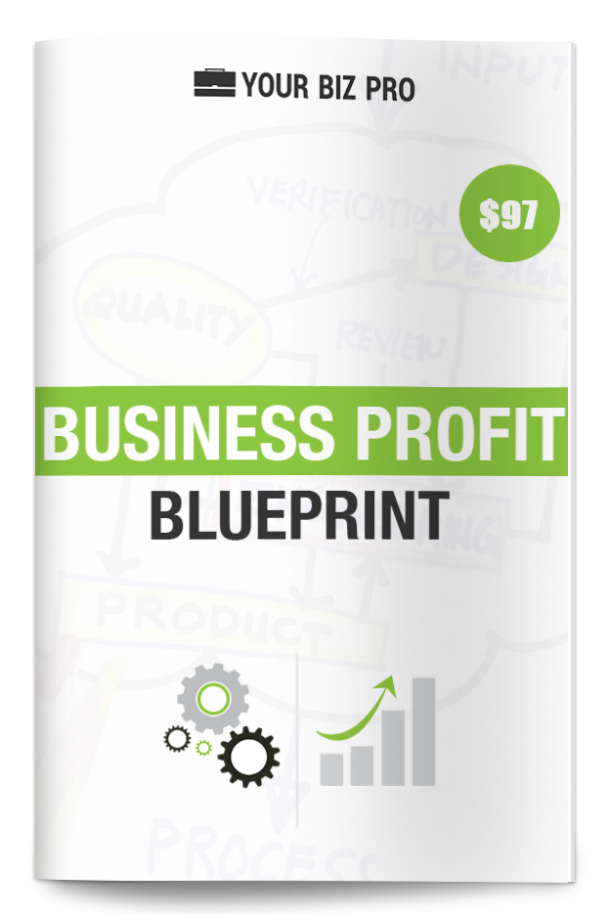What Should I Charge?
This is one of the most common questions I get from existing business owners and entrepreneurs just starting out. They realize they can provide value to other businesses due to their knowledge, insights, or existing customer base, but are not sure what to charge. They are certain there is value, but they are not sure how much or who to market it to. Businesses marketing physical goods usually have questions about margin structures and programs. Most often, the question about price comes from people providing either leads or insights.
B2B Pricing Strategy for Leads
Leads on potential customers are valuable to any business. Determining how valuable depends upon several factors.
First and foremost is the lifetime value of the potential customer to the business. The more profit a company can earn from a customer, the more valuable a lead can be. Usually this is calculated based on the average cost of a company’s products or services, and the amount of them that a typical customer would purchase.
The second factor to consider is the quality of the lead. The quality of a lead is based on many things. First and foremost, is whether the potential lead “opted-in” or provided consent to be marketed to by a third party. If not, the lead has zero value because a reputable company will not market to people without their consent because they will not risk their entire CRM operation by potentially spamming people. Another aspect of quality is knowledge about the lead. Is there geographic or demographic information available that will help with message targeting? Is a past-purchase history available? The better defined the consumer profile is, the higher the lead value (assuming the profile is aligned with the business’ target consumer). How recently and how frequently the list has been marketed to are also significant factors in lead quality.
The third factor to consider is conversion rate. Unfortunately for you, the effectiveness of the purchasing company’s CRM system is a significant factor in conversion rate.
Given all of the above, let’s do some rough calculations. Let’s assume the leads are high quality and perfectly targeted, the purchasing company’s CRM and e-Commerce systems are excellent, and they can generate a 2% conversion rate from a campaign to a cold list. Let’s also assume the lifetime value of a customer to them is $1000 in profit (not sales), they achieve that in 5 years, and the cost to execute the campaign is $20,000. In that case, a 10,000 lead list could be worth $36,000 [ ( (10,000 x .02) – 20,000 ) / 5]; or $3.60 per lead. Of course, due to the uncertainty involved, it is unlikely a company would pay more than 20 – 30 cents per lead until the list is proven. This is especially true in industries where the cost of acquiring a lead online is low. In industries or markets where the cost per click for digital advertising is high, there can be greater price elasticity.
B2B Pricing Strategy for Insights
The value of insights may be much higher than the value of leads. Great business insights can generate or save millions of dollars. Therefore, it is tempting to want to set your price as a percentage of new sales generated or money saved. Unfortunately, realizing that value requires that the company acts upon the insights and executes well. Neither of these can be taken for granted for a variety of internal and external reasons. That means a “cost plus overhead and profit” approach is best in this case, with the goal being a long-term business relationship. For example, suppose that producing the insights on a regular basis in the form of a dashboard or report can be accomplished at a cost of $75,000 per year (staff time, management oversight, and SG&A). If the insights are valued in the hundreds of thousands per year, a markup of 30-40% would be appropriate. If the insights are in the millions, 50% or more would not be inappropriate; and so on. The key is to ensure the potential ongoing value far exceeds the annualized cost.
Summing Up B2B Pricing Strategy
The most important thing to understand about B2B Pricing Strategy is the value to the customer from their point of view. By understanding how they measure value and assign cost to risk or uncertainty, you can determine the best strategy for pricing your service.

